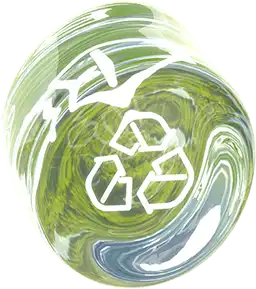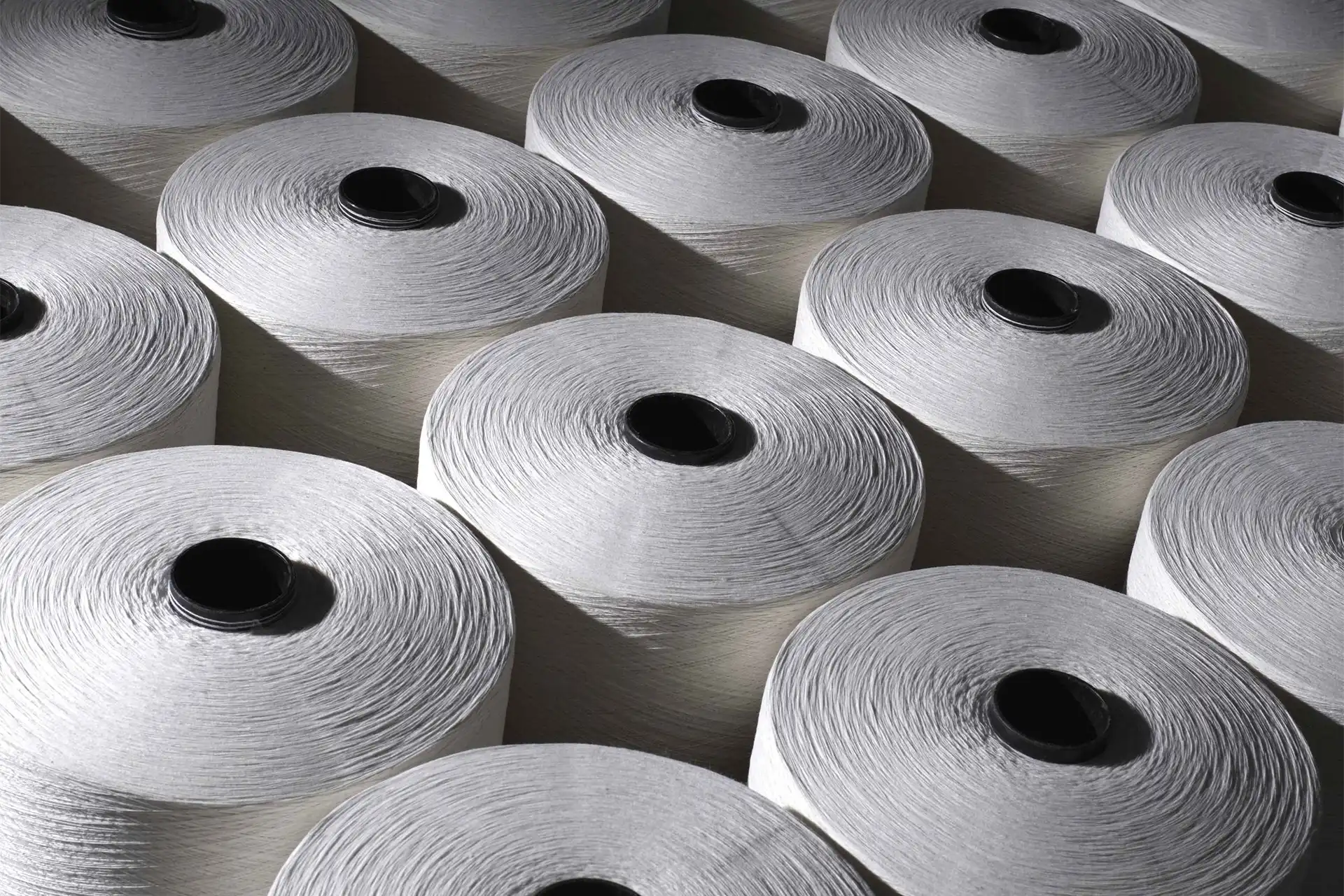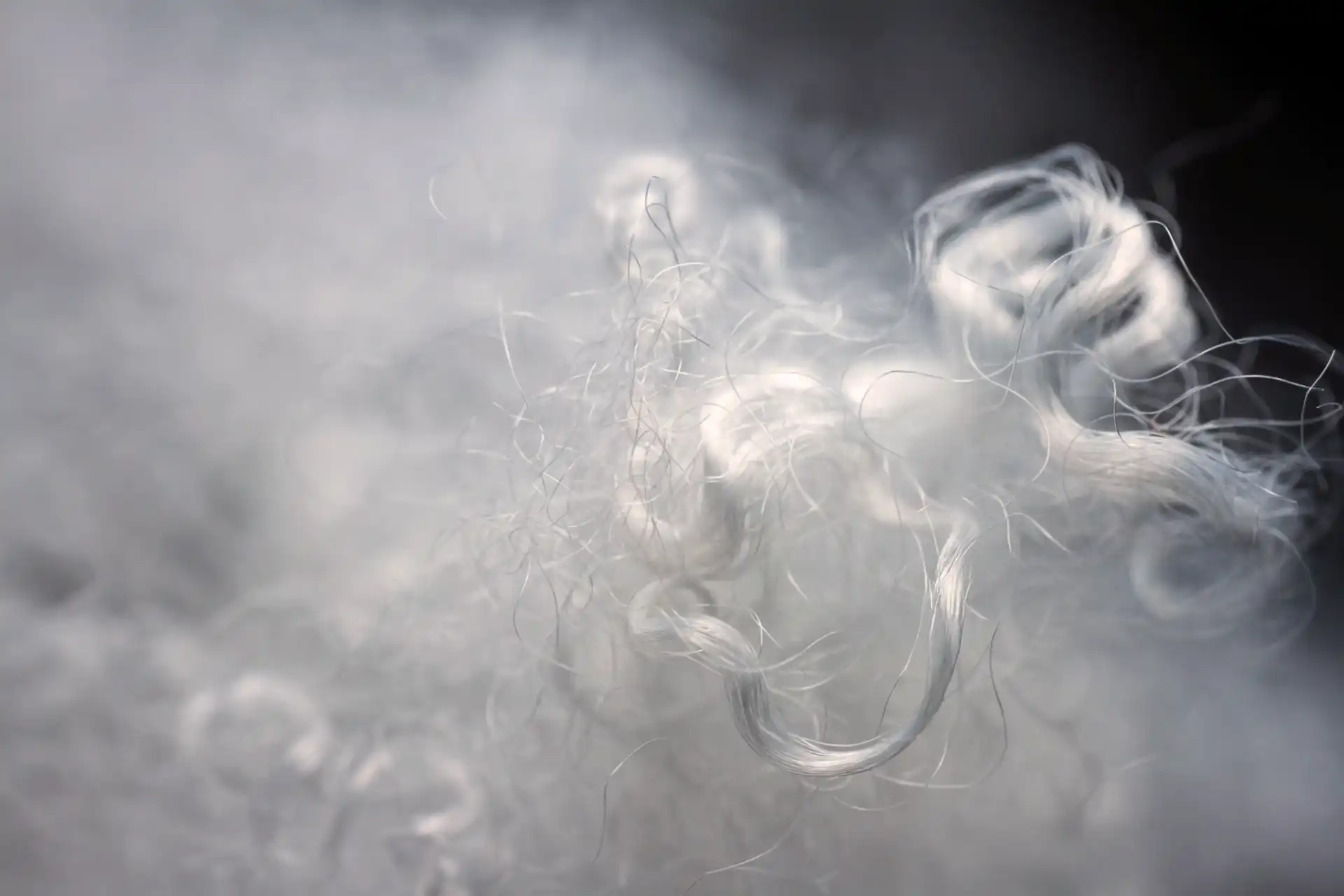



Selcare® follows a controlled batch process which is fully traceable and allows us to control the exact part of incorporation of recycled content.
Our process allows you to specify the level of PCR up to e.g. 20%, 30% etc.
Physical traceability of the sources of PCR according to EN 15343:2007 and chain of custody approach ISO/IEC22095, to meet legislations requesting specific incorporation of recycled content.
Selcare® advanced recycling process uses exactly the same raw materials used for the virgin resins with the exception of the PCR food-contact flakes.
Selcare® R30 and R50 have been positively tested against USP 'class VI' and ISO 10993 biocompatibility, USP 661.1, and ISO 11607 standards.
Selcare® resins with incorporation of 50% advanced recycling content can represent up to 40% lower LCA than standard virgin alternatives.
Through a 'bio-refinery' process, forest scrap biomass isused to extract bio raw materials such as bio-MEG, which are later used in the polymerization stages to replace fossil-fuel equivalent materials.
Our bio products have been positively tested against USP 'class VI' and ISO 10993 biocompatibility, USP 661.1, and ISO 11607 standards.
These sources of biomass do not compete with food resources, and do not create any deforestation risk, as materials used come from forestry trims or industry scraps.
Selcare®® bio-based resins allow film extruders or injection molders to reduce their LCA up to 30% when compared to virgin resins.


These certifications reinforce our ambition to lead in circularity, assuring customers and other partners of the credibility, compliance, and sustainability of our recycled content.
Selenis continues to advance its portfolio of sustainablematerials, supporting the transition towards a circulareconomy. We have expanded the Selcare® range to includemore bio‑based medical and pharmaceutical products,designed for thermoforming applications, medical as wellas diagnostic devices, and sterile barrier systems.
In addition, we focused on recyclable solutions for automationtrays and rigid medical packaging. Our innovation effortsare focused on expanding product options that meet bothstrict regulatory requirements and the growing demandfor sustainable, high-performance solutions in healthcareand beyond. These innovations not only reflect our sharedcommitment to circularity and material innovation but alsostrengthen the Selcare® portfolio with solutions that meet bothenvironmental and regulatory expectations.




At Selcare, we believe that innovation is the key to sustainable transformation. As industries transition towards circularity and decarbonisation, we are committed to developing cutting‑edge polymer solutions that minimise environmental impact while maintaining high‑performance standards. Our approach focuses on four key pathways, Eco resins, Clear resins, Bio resins, and CE resins, each designed to reduce reliance on fossil-based resources, lower carbon emissions, and enhance recyclability.

A prime example of our commitment to sustainability is our partnership with Syre to establish a textile-to-textile recycling hub.
In our pursuit to advancing textile recycling, Selenis has joined forces with Syre to establish a textile-to-textile recycling hub in Cedar Creek, North Carolina. This strategic partnership aims to create a seamless production flow by integrating pre-processing depolymerisation, polymerisation, and PET-chips production within a single facility. Scheduled to be operational by mid-2025, the plant is projected to produce up to 10,000 metric tons of circular polyester annually. Dennis Nobelius, CEO of Syre, highlighted the importance of this initiative:
"This is truly an important milestone on our journey to drive the great textile shift, with more than two years of planning now moving into action."Read more…
Selenis is actively engaged in the LIFE POLITEX project, a groundbreaking initiative co-funded by the European LIFE programme.
This project aims to establish the first industrial pilot plant dedicated to fiber-to-fiber recycling technology, focusing on achieving complete closed‑loop circularity of polyester within the textile sector. The process involves transforming processed textile waste into new polyester fibers through a single industrial operation.
Read more…

As part of our circular economy strategy, Renascis, the Group’s recycling company, plays a pivotal role in closing the loop onPET value stream. Operating as a key partner in our value chain, Renascis advances the availability and quality of recycled PET (rPET), driving material circularity across our product portfolio.




By integrating Renascis into our value chain, Selenis not only ensures a stable and traceable supply of rPET but also reinforces our commitment to product innovation rooted in sustainability. This alignment accelerates our ability to deliver solutions that meet both customer needs and environmental targets, pushing forward our ambition of a fully circular PET ecosystem.
As part of our circular economy strategy, Renascis, the Group’s recycling company, plays a pivotal role in closing the loop onPET value stream. Operating as a key partner in our value chain, Renascis advances the availability and quality of recycled PET (rPET), driving material circularity across our product portfolio.


Since its introduction in 2023, Selcare® has grown into a recognised platform for sustainable healthcare solutions, supporting circularity, regulatory compliance, and innovation across critical applications.
Be sure to consult us for further details on our products features and possibilities tailored to your requirements.
Contact us